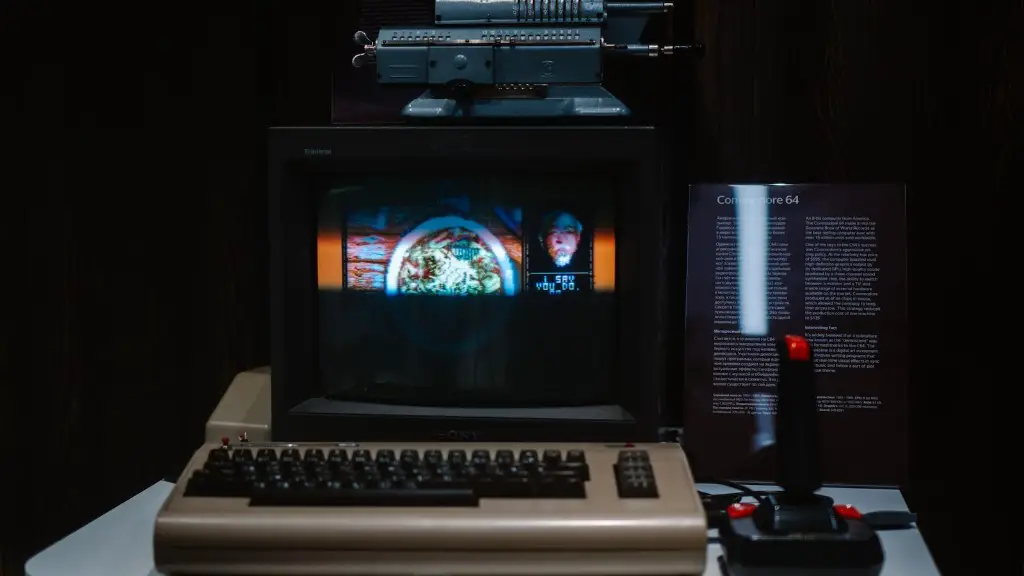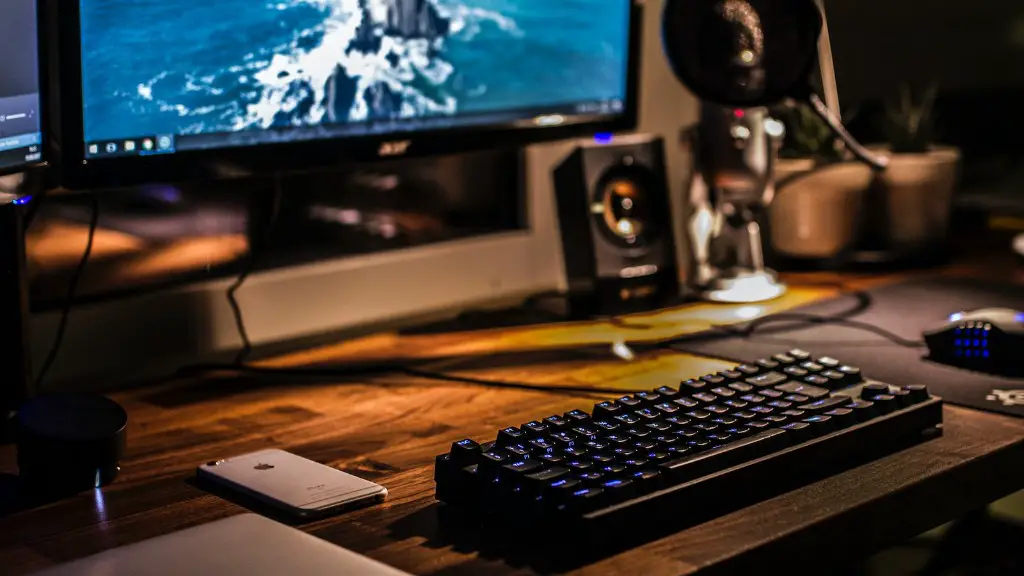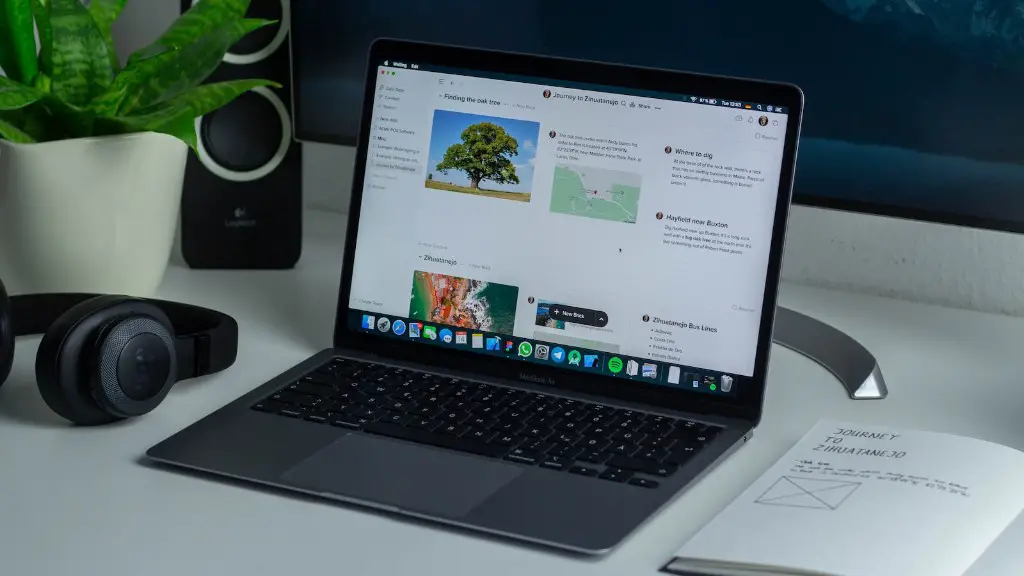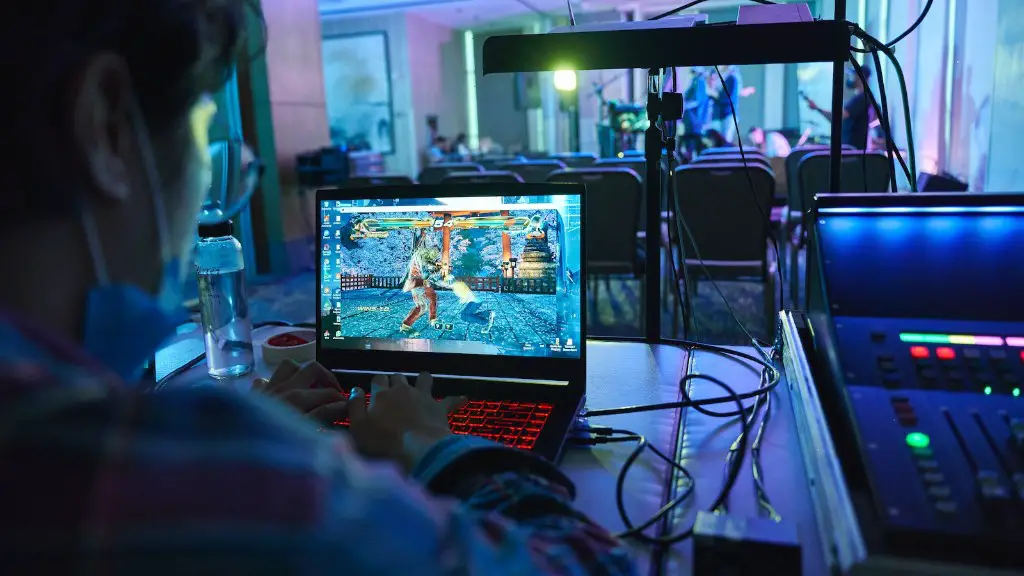Making a custom gaming PC can be a daunting task. But if you have the right combination of components, pre-planning, and research, the result can be worth the time and expense. Here’s a step-by-step guide to help you build your custom gaming PC.
First, decide what type of games you’ll play and the graphics requirements they require. This will determine the components you need to buy. You’ll need a powerful graphics card to realize optimal gaming performance, and you’ll have to read reviews and compare performance between cards in the same category.
Next, consider the processor. Intel processors generally deliver more performance than equivalent AMD processors. However, if money is tight and you’d rather save money for other components, the gap between Intel and AMD processors is much narrower than it used to be.
Choose a memory configuration based on the amount of RAM you think you’ll need. Consider the type of games you’ll be playing and how much memory you’ll require for them. If you’re unsure, use rule of thumb: 8GB of RAM is plenty for most gamers.
Choose the type of storage you’d like to use. HDD, SSHD, and SSD are the older and more popular options, while PCIe SSD is the newer, faster technology that offers superior performance. For gaming and other high-end applications, PCIe is the best option.
Whether you’ll use the system for streaming or creating videos must also be taken into account when deciding on components. You’ll need a powerful processor, graphics card, and, potentially, a discreet sound card to handle these tasks.
Finally, determine your budget and plan your custom gaming PC accordingly. Determine what components you need, then look for deals on them. Comparative shopping is essential so that you get the most out of your money. Allocating your budget wisely will ensure that your gaming PC is a great investment.
Graphics Card
One of the most important parts of any gaming setup, the graphics card is arguably the most complex component of a custom gaming PC. There are dozens of options from various manufacturers; research each option before deciding on one. In addition to raw performance, things to look for are cooling capabilities (for quieter operation), compatibility with certain brands of memory, and directX support to ensure maximum game compatibility.
Make sure you select a graphics card that is compatible with your other components, like your motherboard and processor. Higher-end motherboards have more ports and PCIe slots available, so you can upgrade to a larger or faster graphics card in the future.
It’s also important to pay attention to the details of each card’s power requirements. Some cards draw more power than others, and this will affect your power supply selection. In general, higher wattages (850-1300) are needed for high-end gaming cards; check the manufacturer’s website to verify the exact load requirements.
Finally, consider the design of the card itself; some cards have external cooling fans, others require separate cooling solutions. Think about the size of your gaming case and whether the card will fit in it. Some cards are too tall for small form factor cases, so always check the dimensions before making your purchase.
Choosing a good graphics card for your custom gaming PC can be tricky, but it’s essential for optimal performance. Arm yourself with as much information as possible and make sure to shop around for the best deals.
Processor
The processor is the heart of your gaming PC; it’s the component that controls everything else. It’s very important to get a processor that will handle the workload you’ll be putting on it, and that won’t bottleneck your gaming system.
When choosing an Intel processor, pay attention to the line of chipsets, like Kaby Lake, Skylake or Cascade Lake. They have different performance levels and can affect the performance of your system significantly. AMD also has a wide range of processors, including Ryzen and Threadripper lines, with higher core/thread counts than Intel, though more expensive.
The processor is one of the more expensive components of a gaming PC, so it’s important to get the best bang for your buck. Don’t be afraid to shop around for deals and compare prices. Don’t forget to factor in the cost of cooling and a potential upgrade path if you’re planning to overclock in the future.
It’s also important to consider other aspects of the processor, such as its speed and the technology it’s built on. Some processors use DDR3 memory while others use DDR4. Make sure you buy the correct memory for your processor, as mismatched memory can compromise performance.
Finally, factor in the processor’s architecture and features. Hyper-Threading, for example, allows two threads to run simultaneously on each core for increased efficiency. AES-NI, meanwhile, offers faster encryption and decryption for improved security.
When shopping for a processor for your custom gaming PC, there is a lot to consider and a lot of factors that can affect performance. Research each processor thoroughly and pick the one that best fits your budget and gaming requirements.
Memory
A custom gaming PC requires a lot of memory; it’s one of the basic requirements of any gaming setup. Memory is measured in gigabytes (GB) and ranges from 4GB to 32GB, though 8GB is usually enough for most purposes.
When buying memory, pay attention to the speed of the RAM. DDR3 and DDR4 are currently the most popular types, with DDR4 being much faster than the DDR3 equivalent. Higher speeds will generally lead to increased performance, though you should always check system requirements to ensure that your RAM will be compatible.
For best performance, try to match the type of RAM with the type of processor you have. AMD and Intel CPUs use different RAM, so make sure you get the same type as your processor. For example, older Intel processors use DDR3 RAM while newer Intel processors use DDR4.
When selecting the type and amount of memory for your gaming PC, it’s important to factor in the amount of RAM the games you’ll be playing require. Most modern games require at least 8GB of RAM, though some require 16GB or more. It’s also a good idea to get slightly more than what you need, as you can always turn it up in the future.
Finally, consider the type of memory you want to get. For example, standard RAM sticks are the most affordable option, while SO-DIMMs cost slightly more but offer higher performance. Again, check your motherboard’s specifications to make sure the type of RAM you select will be compatible.
Memory is an essential component of your custom gaming PC, so make sure to choose the right type and amount. Doing so will ensure your gaming PC runs smoothly and that you get the best performance out of it.
Storage
Storage is also an important component of a gaming PC. If you plan on playing a lot of high-end games, downloading large-sized files, or creating things, you’ll need plenty of storage capacity.
The most popular storage solutions are traditional hard disk drives (HDDs) and solid-state drives (SSDs). HDDs are cheaper and offer more storage for the money, though their speed can be limiting. SSDs, on the other hand, offer amazing read-write performance but cost more and have less storage capacity.
There is also a newer type of SSD called PCIe SSD, which offer even better read-write performance and are capable of handling high-end gaming, streaming, and video editing applications. This type of drive is much more expensive, but they can give your gaming computer a huge performance boost.
Another factor to consider is the drive’s form factor. 2.5-inch drives are the most common and are usually used in laptops, while 3.5-inch drives are designed for desktop PCs. Make sure you get the correct size for your gaming PC.
If you’re concerned about durability, look for SSDs with rated write cycles, which represent how long the drive will last. Finally, if you’re buying a consumer grade SSD, make sure to check the warranty as well.
When shopping for storage for your gaming PC, you have many options. Consider your workload, budget, and other requirements in order to get the best storage solution for your needs.
Power Supply
The power supply is an often-overlooked but essential component of a custom gaming PC. A good power supply is essential to ensuring your gaming rig runs smoothly and with minimal noise.
Start by determining the overall power requirements of your system. Look at the power requirements of all your components, add them together and add a few hundred watts for extra headroom. Then, look for a power supply with a capacity that meets your needs and a fully-modular design for easier cable management.
Consider the type of power supply you’re buying. Lower wattage units are suitable for basic gaming builds, while higher wattage units are needed for enthusiast and high-end gaming rigs. Be sure to pick a power supply with at least 75 percent of its rated output—85 percent is even better.
Think about the type of connectors the power supply comes with. Look for SATA or Molex connectors for hard drives and PCIe connectors for graphics cards. Make sure the power supply has enough of the right connectors to support all the components.
Finally, look for a power supply that offers reliable protection. Overvoltage, overcurrent, and short-circuit protection all help protect any of your components from damage. Think, too, about the power supply’s efficiency; look for an 80 Plus rating, as this indicates a power supply that’s energy efficient.
A good power supply is essential to ensure your custom gaming PC runs smoothly and without any hiccups. After all, the wrong power supply can lead to instability and even cause components to fail.




